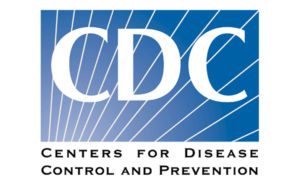The opioid crisis has become a public health emergency with more than 110 Americans dying daily from opioid-related overdose. CSIP and the Partnership to End Addiction have worked with partners and stakeholders to raise awareness about the dangers of misuse of opioids and provide additional resources that respond to the ongoing crisis of opioid addiction in the U.S. This is a nationwide problem that requires a nationwide effort. At the same time, we have worked closely with state government partners in North Carolina, Connecticut and others states promoting local responses to the crisis as well. Finally, we are working with several of our members leveraging the work of technology companies in this ongoing effort.
About the Partnership to End Addiction
Our collaborator, the Partnership to End Addiction, provides personalized support and resources for families impacted by addiction, while mobilizing policymakers, researchers and health care professionals to more effectively address addiction systemically on a national scale. Call the Helpline, connect via live chat or email us to get one-on-one help to address your child’s substance use. All communications are free and confidential.
Addiction Support Resources
Opioids are natural or synthetic chemicals that bind to receptors in your brain or body. Common opioids include heroin and prescription drugs such as oxycodone, hydrocodone, and fentanyl. The United States is in the midst of a prescription opioid overdose epidemic. On October 26, 2017, HHS Acting Secretary declared a public health emergency to address the national opioid crisis. Each day, according to the Centers for Disease Control and Prevention, 140 Americans die from drug overdoses, 91 specifically due to opioids. 52,404 Americans died from opioid overdoses in 2015, and preliminary numbers indicate at least 64,000 died in 2016. Read More Some medicines may be especially harmful and, in some cases, fatal with just one dose if they are used by someone other than the person for whom the medicine was prescribed. Unused medicines are a main source for misuse and overdose. 40.5 percent of those who misused prescription pain relievers in 2015 said that they obtained the medicine from a friend or relative. Accidental exposure to and improper disposal View the infographic from Allied Against Opioid Abuse. A review article in the February 2016 issue of the Journal of Health Communication: International Perspectives identified 13 organizations working in the area of consumer education on illicit online pharmacies; 9 of which were engaged in a health promotion activity. CSIP was included in the study – with emphasis placed on its social media efforts to raise awareness of the importance of purchasing medications from safe online sources. Prescription drugs that are prescribed by physicians on a daily basis are also habit-forming and potentially dangerous. People of all ages develop addictions to these types of drugs. In fact, it is a popular problem with teens and young adults. Morningside Recovery has gathered together a number of resources dedicated to preventing and treating these dangerous addictions. We thank the Lexington, Illinois School District for this submission. The mission of the National Institute on Drug Abuse (National Institutes of Health) is to advance science on the causes and consequences of drug use and addiction and to apply that knowledge to improve individual and public health. Resources include drug facts, reports, and education materials. The Centers for Disease Control and Prevention (CDC) have identified that vast differences are present in the rates of opioid prescriptions across US counties. “Providers in the highest prescribing counties prescribed 6 times more opioids per person than the lowest prescribing counties in 2015.” The CDC offers guidance for safe prescribing as well as education resources and community drug-monitoring tools. Open, honest conversations are some of the most powerful tools parents can use to connect with — and protect — their kids. But when tackling some of life’s tougher topics, especially those about drugs and alcohol, just figuring out what to say can be a challenge. The following scripts from the Partnership for Safe Medicines and the Medicine Safe Project will help you start the conversation with your child — and keep it going throughout his or her life. The Partnership for Drug Free Kids has trained and caring master’s-level counselors ready to help any parent struggling with a child’s drug or alcohol use. They are here to listen, help you find answers and make an action plan. Call the Helpline, connect via live chat or email us to get help. All communications are free and confidential. The following podcasts on the eHealth Radio Network feature representatives from the Center for Safe Internet Pharmacies (CSIP) and the Partnership for Drug-Free Kids (the Partnership) discussing aspects of MedicineSafe, the new coalition formed in 2018 to assist in the fight against the opioid epidemic in the United States. Podcast links will be added as they become available. May 9, 2018: Host Eric Michaels interviews CSIP CEO Marjorie Clifton on the opioid crisis and the MedicineSafe coalition. Prescription opioids can be used to help relieve moderate-to-severe pain and are often prescribed following a surgery or injury, or for certain health conditions. These medications can be an important part of treatment but also come with serious risks. It is important to work with your health care provider to make sure you are getting the safest, most effective care. Download the resource from the Centers for Disease Control and the American Hospital Association.
Infographic & HHS Resources for Addressing the Prescription Drug & Heroin Overdose Epidemic
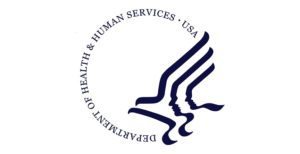
Infographic: Safely Disposing of Unused Opioids
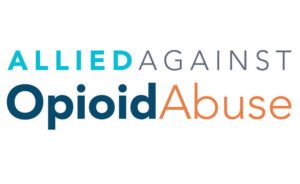
of fentanyl patches are also a risk, especially for young children who could put it in their
mouth or on their skin.Mapping Health Communication and Education Strategies Addressing Dangers of Illicit Online Pharmacies

Morningside Recovery: Preventing and Treating Prescription Drug Addiction and Abuse
National Institute on Drug Abuse
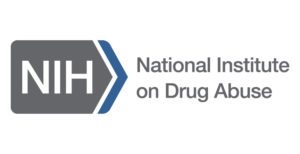
Opioid Prescribing: Where You Live Matters
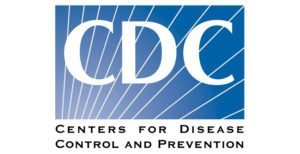
Parent Talk Kit: Tips for Talking and What to Say to Prevent Drug and Alcohol Abuse
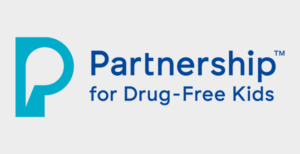
Partnership for Drug Free Kids: One-on-One Child Substance Abuse Help
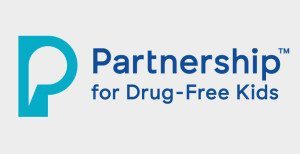
Podcasts: eHealth Radio Network
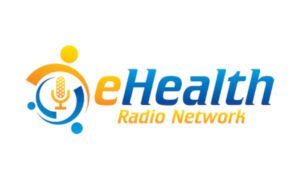
Prescription Opioids: What You Need to Know
